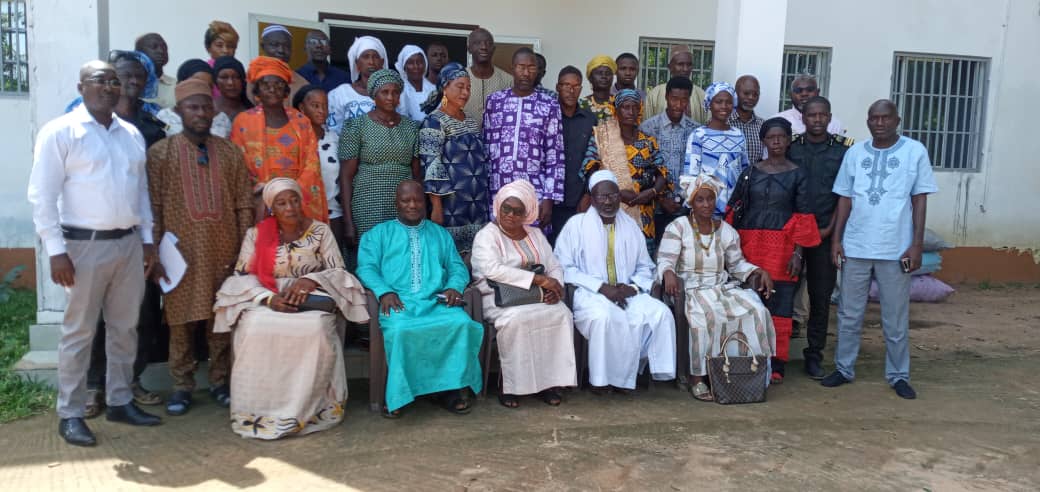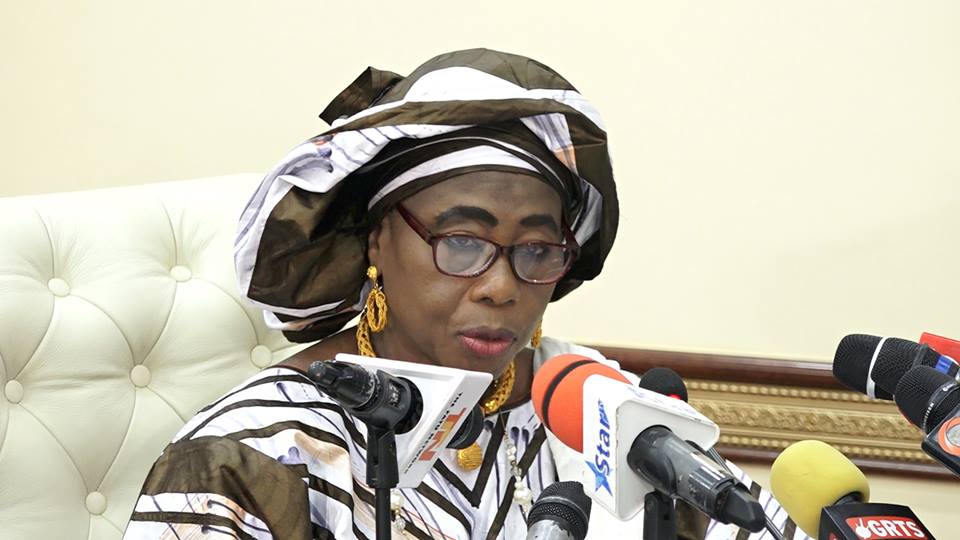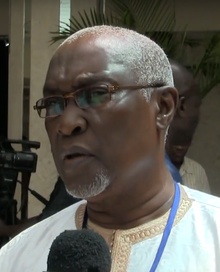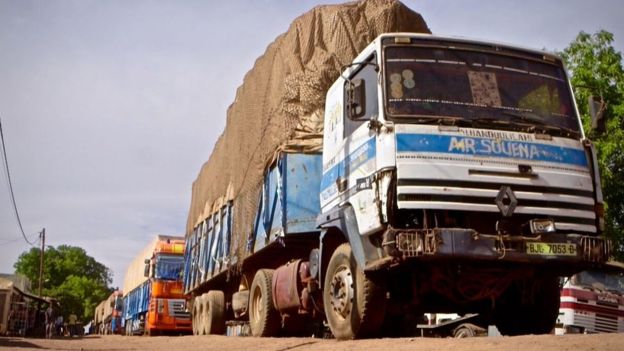Gambia Revenue Authority (GRA) Tax Education Unit in collaboration with the Ministry of Finance and Economic Affairs has sensitized the local authorities and business communities in the Central River Region on Wednesday
According to organizers, the sensitization was meant to bring together the local authorities and business communities in CRR to expose them to the various tax systems administered by GRA.
Madam Matty Senghore, Deputy Director Compliance and Taxpayers Education Unit, speaking on behalf of the Commissioner General GRA, stated that the CRR tax forum was part of GRA’s current corporate strategic plan 2020-2024 goal 2 for enhancing client service delivery for improved customer relations and corporate image.
She told participants that the forum centered on the Gambian tax system, the accompanying revenue laws, and the taxpayer’s obligations and rights, adding that this is the first engagement in CRR since the appointments of some of the regional authorities by the Third Republic.
“We hope that this engagement with you will therefore deepen your knowledge about GRA s mandate and its operations, the significance of tax revenue in national development, and other tax administrative matters, in general, is important. Similar engagements were held with other regional representatives in Upper River Regions, North Bank Region, and West Coast Region,” she pointed out.
Madam Senghore further revealed that the GRA has also engaged other key stakeholders as well as the key institutions in a series of programs to explain revenue management and administration to them, adding that the Janjanbureh also discussed new tax reforms and clarified challenges faced by the authority and taxpayers in the process of collecting the much-needed tax revenues for Government”.
According to her in January 2018, the GRA together with the Ministry of Finance undertook reforms aimed at revising tax rates in some key revenue lines, including among others, rental Income tax, corporate Income, employment tax, and individual income tax.
She added that duty rates on rice have also been reduced from 10% to 0% and GRA is poised that these reforms will have a positive impact on the living standards of the citizenry.
She appealed to the participants to make the sessions interactive by asking the right questions and participating fully in the discussions that will take place to enhance knowledge sharing and a better understanding of tax issues.
For his part, Sainey Mbye Deputy Governor, Central River Region stated that the Gambia is a tax base country and without tax, it will be difficult to move the country forward. He said the majority of the country’s development is funded by taxpayers through GRA collection of tax, noting that the importance of the forum cannot be overemphasized.
“As a government, we need a sustainable source of funding to foster economic growth and development. “This can only be a reality through economic proper tax collection,” he noted.





